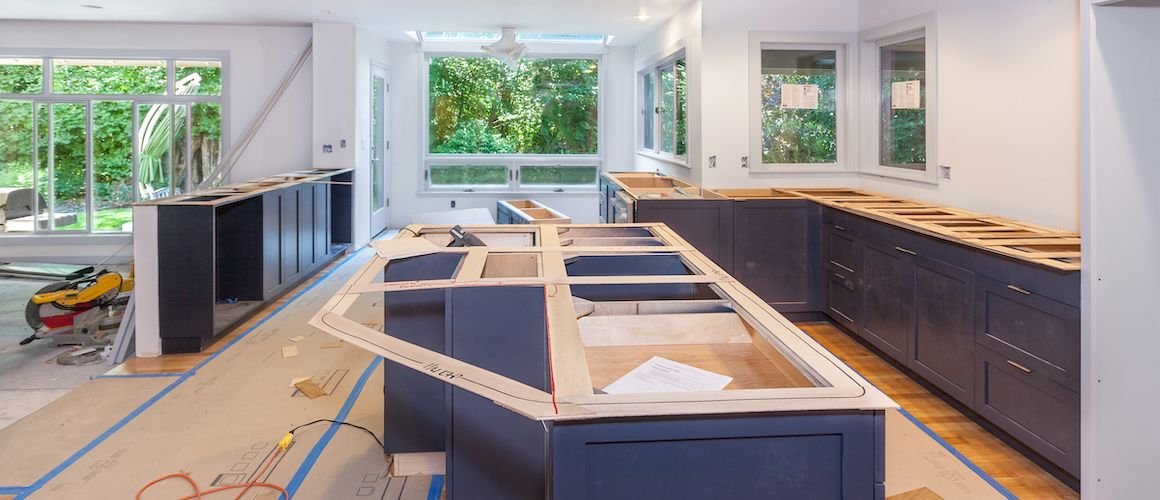
- calendar_month October 22, 2024
- folder Tips
Buying a fixer-upper can be an exciting venture for homeowners or investors looking to build value in a property. However, it's not a decision to be taken lightly. There are potential rewards, but also challenges that need careful consideration before making a commitment. Here's a look at the pros and cons of purchasing a fixer-upper.
Pros
-
Lower Purchase Price One of the most appealing aspects of buying a fixer-upper is the lower upfront cost. These homes are typically priced below market value, giving buyers the chance to invest in a property they might not otherwise afford. If you're willing to put in the work, you could secure a great deal on a home with potential.
-
Customization Potential With a fixer-upper, you have the opportunity to renovate the home according to your taste and preferences. Whether you want to update the kitchen, redesign the layout, or choose custom finishes, you have control over the transformation process. This allows you to truly make the home your own.
-
Increased Value Fixer-uppers provide the potential for a significant return on investment (ROI). By making smart improvements, you can increase the home's value beyond what you paid for it. This is especially beneficial if you plan to sell the property down the line or use it as a rental investment.
-
Less Competition Many buyers shy away from homes that require substantial work, so there is often less competition for fixer-uppers. This could give you more negotiation power and the chance to secure the property at an even better price.
Cons
-
Unexpected Costs Renovations rarely go as planned. Hidden issues like plumbing, electrical, or foundation problems can arise once work begins, leading to unexpected expenses. These unforeseen costs can quickly add up, so it's essential to budget for contingencies and have a financial cushion.
-
Time-Consuming Renovations Renovating a home takes time, especially if you're tackling a large project. It can take months or even years to complete the work, depending on the scope of the renovations. If you're planning to live in the home during this time, the process can be disruptive to your daily life.
-
Financing Challenges Obtaining financing for a fixer-upper can be more complicated than purchasing a move-in-ready home. Lenders may require additional inspections or higher down payments, and renovation loans often have more stringent requirements. It’s important to explore your financing options early in the process.
-
Skill and Effort Required Taking on a fixer-upper requires a lot of hard work, especially if you plan on doing some of the renovations yourself. From dealing with contractors to navigating building permits, the process can be overwhelming for first-time buyers. If you're not prepared for the labor or management involved, it could lead to frustration.
Conclusion
Buying a fixer-upper can be a fantastic opportunity if you're looking to save on the purchase price, increase home value, or personalize a space. However, it also comes with risks, including unexpected costs and time-consuming renovations. By weighing the pros and cons carefully and ensuring you have the resources to handle potential challenges, you can determine if this path is the right one for you.
If you’re considering a fixer-upper, be sure to consult with professionals to help guide you through the process and make informed decisions.
